Staying Power
Peter Fryer was born in Yorkshire in 1927. His interest in black history began in 1948, when as a reporter he was sent to cover the arrival at Tilbury of Jamaican workers on the Empire Windrush. He has written several books, including Hungarian Tragedy; Mrs Grundy: Studies in English Prudery; and The Birth Controllers. He died on 31 October 2006.

www.plutobooks.com
| 1 | marx engels engels The Communist Manifesto Introduction by David Harvey 9780745328461 |
| 2 | lenin Revolution, Democracy, Socialism Edited by Paul Le Blanc 9780745327600 |
| 3 | Sivanandan Catching History On The Wing Foreword by Colin Prescod 9780745328348 |
| 4 |  anon anon
Black Skin, White Masks Forewords by Homi K. Bhabha and Ziauddin Sardar 9780745328485 |
| 5 | Shahak Jewish History, Jewish Religion Forewords by Pappe/Mezvinsky/Said/Vidal 9780745328409 |
| 6 | boal Theatre of the Oppressed 9780745328386 |
| 7 |  ryer ryer
Staying Power Introduction by Paul Gilroy 9780745330723 |
| 8 | holloway Change the World Without Taking Power 9780745329185 |
| 9 | luxemburg Socialism or Barbarism Edited by Paul Le Blanc and Helen C. Scott 9780745329888 |
staying
power
The History of Black People in Britain
PETER FRYER
Introduction by
Paul Gilroy

This edition first published 2010 by Pluto Press
345 Archway Road, London N6 5AA and
175 Fifth Avenue, New York, NY 10010
www.plutobooks.com
Distributed in the United States of America exclusively by
Palgrave Macmillan, a division of St Martins Press LLC,
175 Fifth Avenue, New York, NY 10010
Copyright The Estate of Peter Fryer 1984, 2010
British Library Cataloguing in Publication Data
A catalogue record for this book is available from the British Library
ISBN 978 0 7453 3073 0 Hardback
ISBN 978 0 7453 3072 3 Paperback
ISBN 978 1 7837 1462 9 PDF
ISBN 978 1 7837 1463 6 EPUB
ISBN 978 1 7837 1464 3 Kindle
Library of Congress Cataloging in Publication Data applied for
This book is printed on paper suitable for recycling and made from fully managed and sustained forest sources. Logging, pulping and manufacturing processes are expected to conform to the environmental standards of the country of origin.
10 9 8 7 6 5 4 3 2 1
Designed and produced for Pluto Press by
Chase Publishing Services Ltd, 33 Livonia Road, Sidmouth, EX10 9JB, England
Typeset from disk by Stanford DTP Services, Northampton, England
Printed and bound in the European Union by
CPI Antony Rowe, Chippenham and Eastbourne
To Emily, Frances, and James
Contents
Introduction
Paul Gilroy
Staying Power is a special book. It has to be recognized as something of a historical phenomenon in its own right. After the original publication in 1984, access to the history of black settlement in Britain would never be the same. Peter Fryers unique breadth, ambition and political integrity established the basic orientation point for historical scholarship on Britains black communities. Its honesty, clarity, depth and acuity made that insurgent historical narrative available in usable form to a wide and eager readership. Amidst the political and economic debris of the early 1980s riots, Staying Power answered the widespread hunger for a historical narrative which could anchor hopes for more just and more humane treatment of Britains racialized minorities. In retrospect, it also signalled a decisive step away from the influential African American scripts of race and politics which had been so important in the preceding phase of struggles when ideas of civil rights and black power had enjoyed a global impact.
By showing where the labour and imagination of diverse black people had contributed to the making and re-making of Britain, shaping its radical traditions, social institutions and political habits, Staying Power answered the nationalism and racism that obstructed the paths to authentic inclusion and belonging. In the spirit of that now distant period, the history that Peter Fryer excavated with such evident care was a politically motivated one. It synthesized the life experience of several black settler populations: pre and post 1945. If that appears to be a simpler task today, its obviousness is a measure of his achievement. His book also added substantively to what we knew about our past. The main text, which flattened as it drew closer to the present, consolidated a constellation of key personalities, problems and events. And then, there was another whole world in the books challenging footnotes and appendices which had unearthed enough material to fuel a library of new monographs. A smaller, companion volume which related Britains internal history of conflict around race to an account of its colonial crimes appeared a few years later.
Fryers intervention was no dry scholastic exercise. His approach was rigorous and detailed but never idly contemplative, disinterested or dispassionate. After all, its courageous author was a libertarian leftist whose political sensibilities had been shaped by reporting on the post-45 experience of Britains postcolonial settlers from the Caribbean and then refined by the world-historic 1956 Hungarian uprising against Soviet domination. He would not object to being called an antiracist though it is only fair to add that his humane and worldly, revolutionary wisdom could not be contained under so narrow a heading. Staying Power seems to have been a labour of that cosmopolitan, revolutionary lovean ethically infused effort designed to articulate its authors hopes for an internationalist variety of class politics in which the damage done by racism had been thoughtfully acknowledged and then repaired with an eye on the future. This was no trivial undertaking and Fryer showed that it would only be possible if the colonial and imperial history of Britain could be completely re-worked on a different scale. Staying Power was the cornerstone of that reparative project. If Britain could face up to the blood-stained past that had made it the worlds dominant power and work that history through, it could become a different, better place. More than that, the struggle against the racism which had grown from slavery could then be recognized as a strategic battle, fundamental to the health of the countrys ailing democracy.

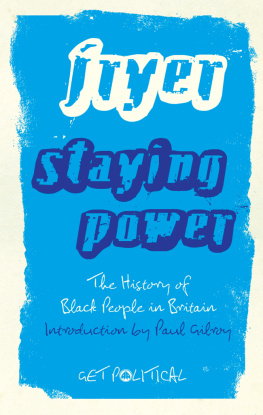

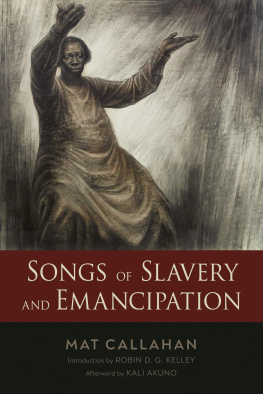

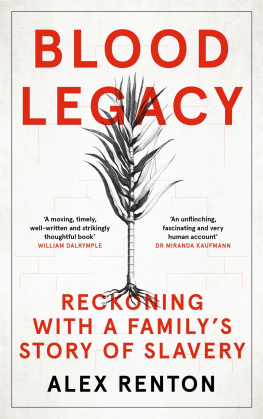
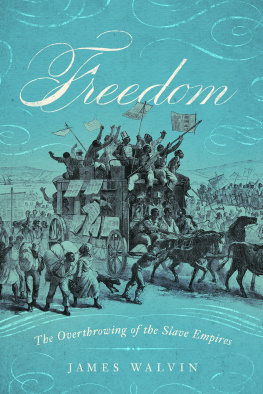
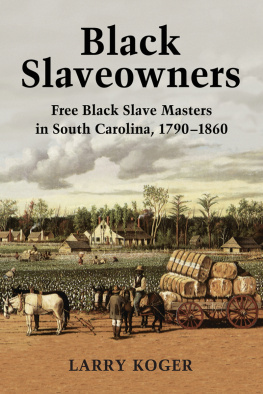
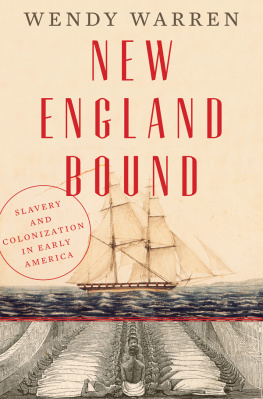

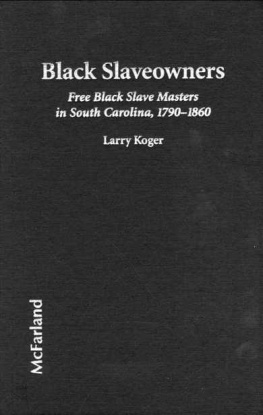


 engels
engels anon
anon